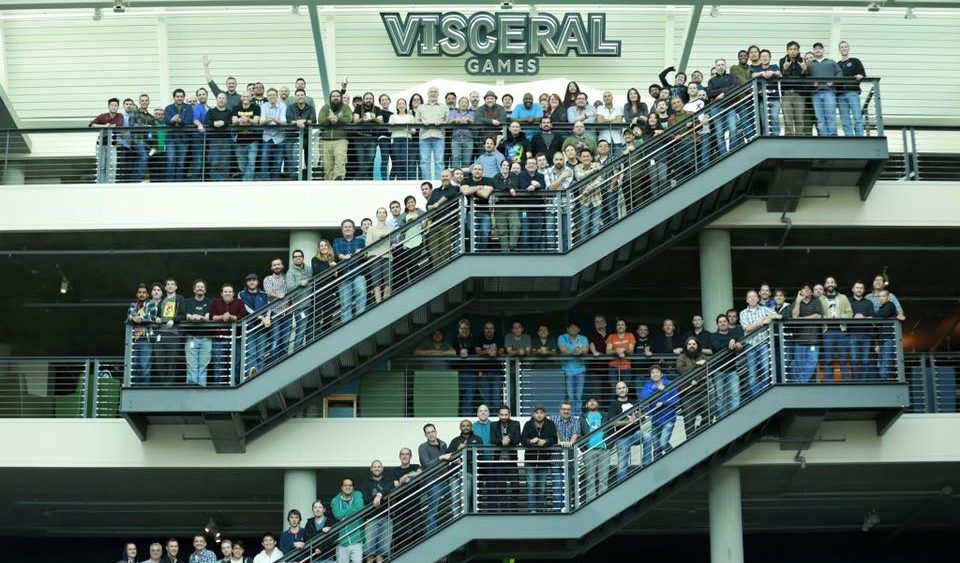This was a paper I wrote for my MBA discussing the corporate culture of a studio and how this influences whether a potential developer will apply for it.
By Estelle Tigani
In this current decade, we are experiencing an increase in the number of studios that are propping up in the indie scene while large AAA studios expand to accommodate their multi-million dollar titles and portfolio of games being produced at the same time. With this in mind, an aspiring or experienced developer applying to any one of these studios is left with the question: which studio do I apply to?
The question is so important because ultimately one needs to consider the fact that a game could take three to five years to make on average, and a developer applying will commit themselves to both game and studio for this time (and then may even stay for a longer haul if they successfully dodge any round of layoffs or dynamic shifts which has become something of an occupational hazard in this industry). I don’t want to say a developer is ‘locked in’ once they join a project, but considering that industry experience cares most about how many games you have ‘shipped’ (in other words, how many you have seen to the end), it is unlikely that a developer would leave a project before it ships unless they were offered an attractive job elsewhere.
Assuming that the individual is a die-hard fan of the studio to begin with, this article can be ignored in favor that the developer probably wouldn’t want to work anywhere else anyway. They are set, so to speak. In this case, a developer will more than likely put in their 110% to their dream studio because they have every incentive not to leave, and every incentive to contribute to the intellectual property of that studio, which likely made it famous to the individual in the first place. The exception to this rule is that the dream studio turns out to be a nightmare to work for internally despite how successful its titles seem to players on the outside, in which case the developer working may start to see their interest in this studio fade quickly.
To the rest of us, we need to think hard about the type of studio we want to work for, in terms of culture (and the other developers employed), the types of games the studio creates, and even the size of the studio. If you are a fan of playing first-person shooters, it is unlikely that you will have as much time enjoying yourself working at a studio which makes mostly role-playing games. If you are a person that wants to feel that they are making a real difference to the industry and to the player, you will probably benefit from a more innovative studio like Occulus, than a studio which is known to create multiple sequels of the same game like Infinity Ward. If you want to express your creative freedom and autonomy, you should probably join a smaller indie studio than a larger company, where it is easier to feel like a ‘number in the system.’
We as developers will be happier when we make the right choices about where we want to work, because one of the unique qualities that are the heart and soul of the game industry is that it is made up of people who are passionate and love what they do. The minute a developer cares less about the game and considers their role in the studio as ‘just a job,’ the game suffers. In turn, a studio needs to carefully ensure that they are hiring the right people who are passionate about their studio and their individual role, for the benefit of the project. It is no surprise, therefore, that we are seeing a lot more applications to game companies include questions like “What is your favorite game from out studio and why?” or “Why do you want to make games?” or “What is your favorite game and why?” Gareth R. Jones (2013) states that “the better that organizations function, the more value, in the form of more or better goods and services, they create” (page 14).
This need to select the most appropriate studio to your career goals and game interests is not without its pitfalls, as increasing competition along with the increasing number of studios means that developers almost have to fight their way (or vigorously network their way) to their dream job at their dream studio. It would be detrimental to only apply to your dream studio and not apply to others, because that would substantially decrease the chances of you landing a job anywhere. You should always increase your options. However, if you do get that interview at your dream job, chances are your drive and your love for that studio will encourage you to give it everything you’ve got. If you aren’t so lucky, then there is no shame in trying a few less desirable positions in other studios, building your experience, and then applying to that dream job later in your career when you have a solid application. What is important is to have a clear career goal, to be honest to yourself about what you want, and then to always strive towards that goal in all of your career choices and development.
References
Jones, G. R. (2013). Organizational theory, design, and change (7th ed.). Upper Saddle River,
NJ: Prentice Hall.




Recent Comments